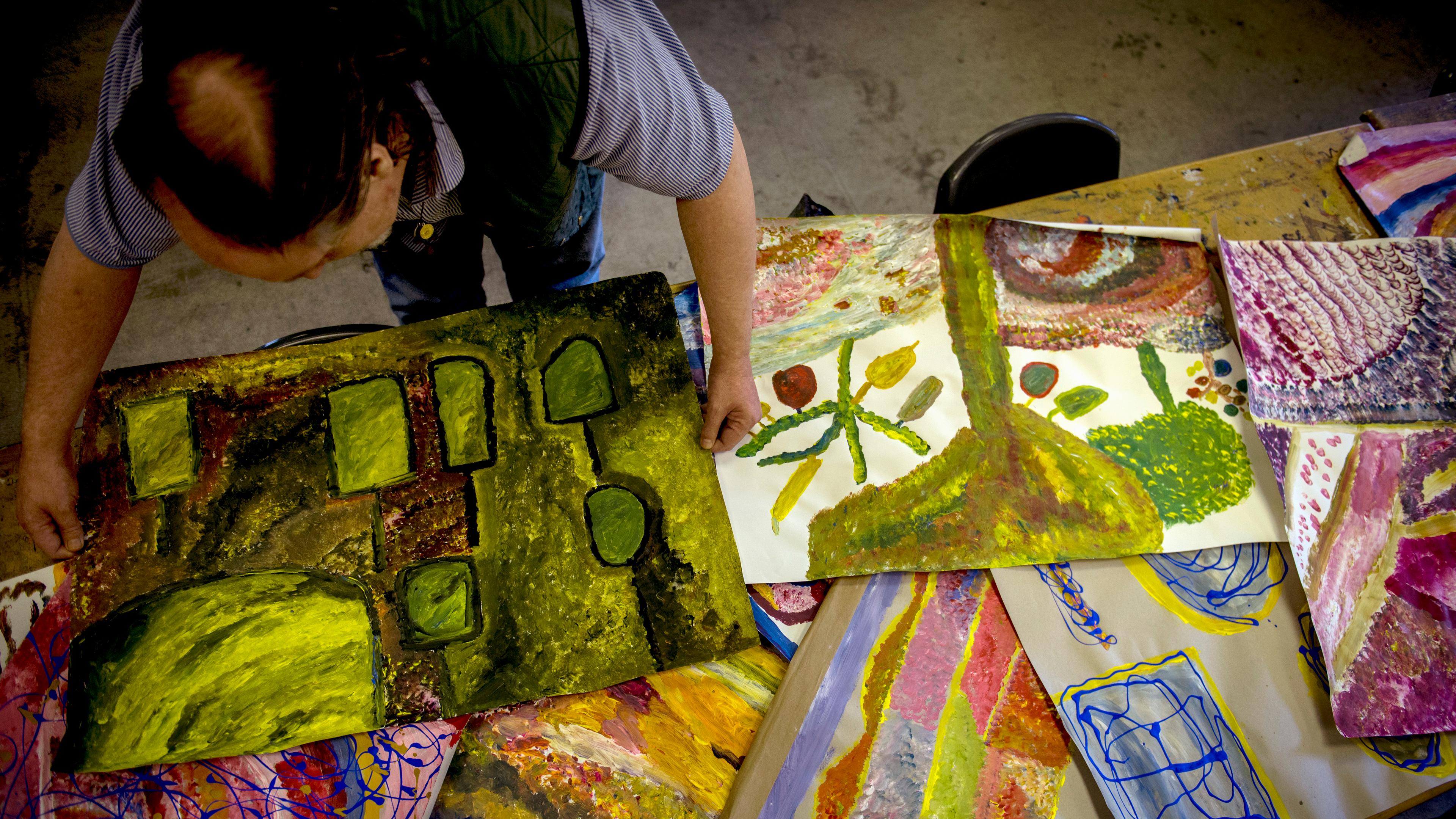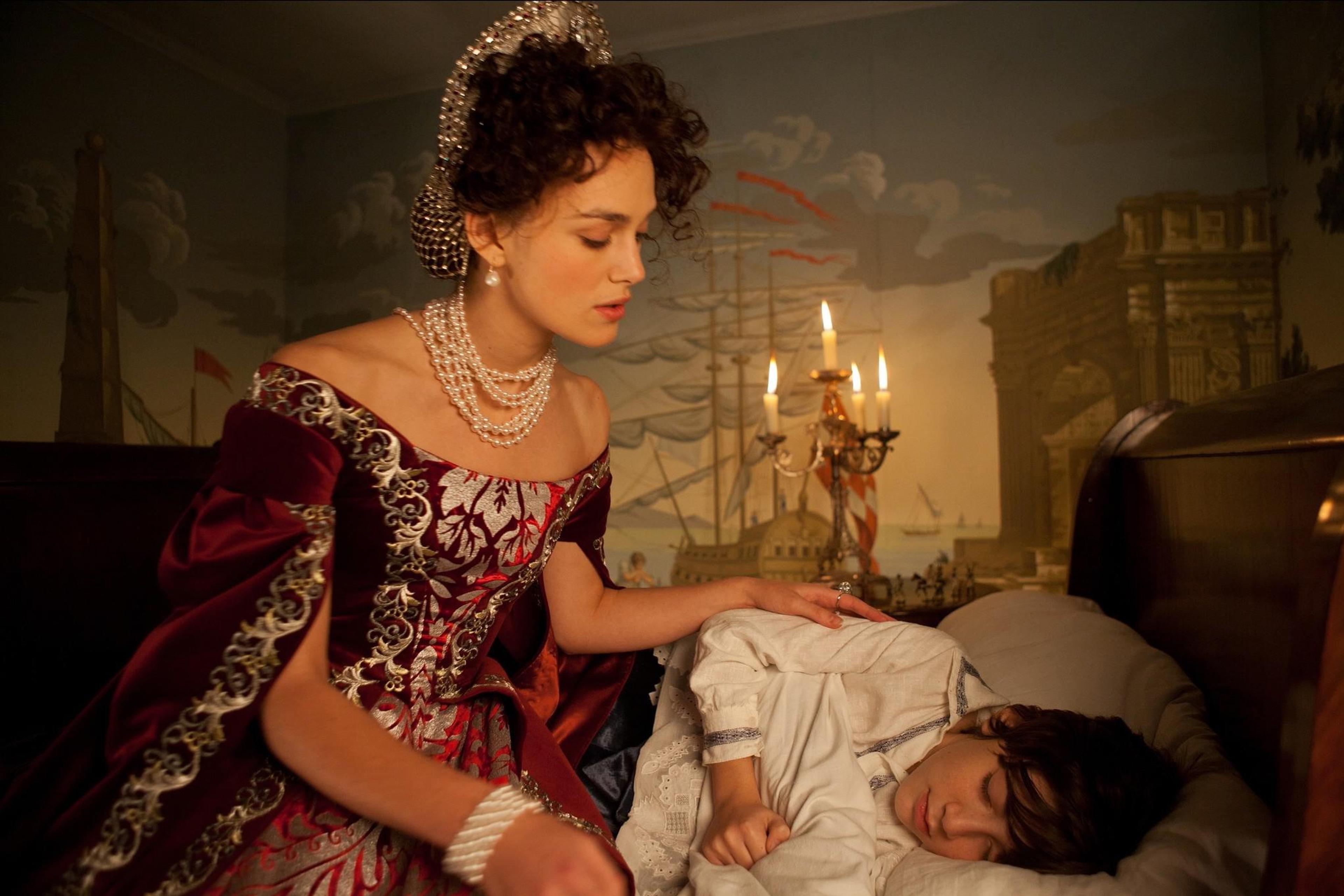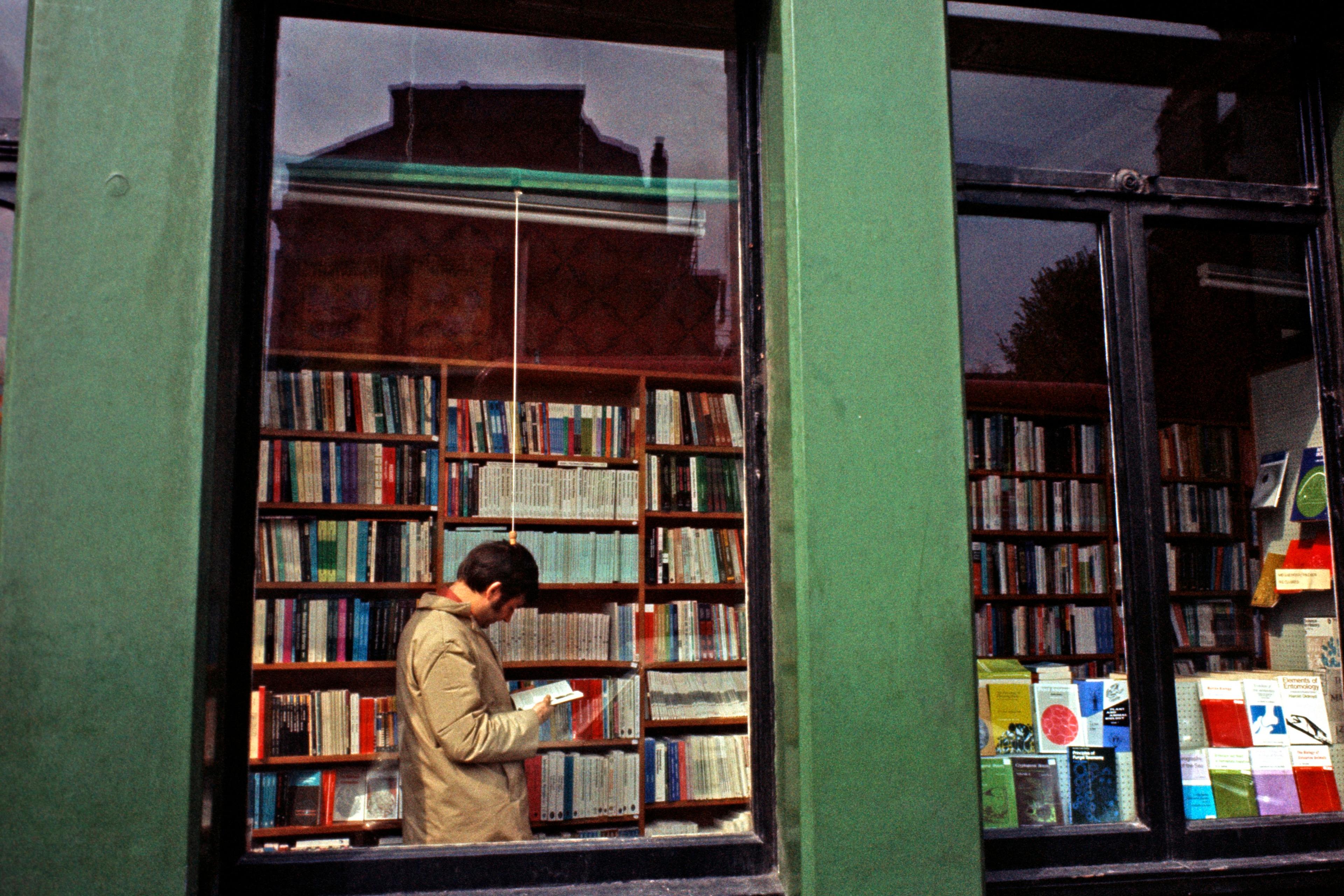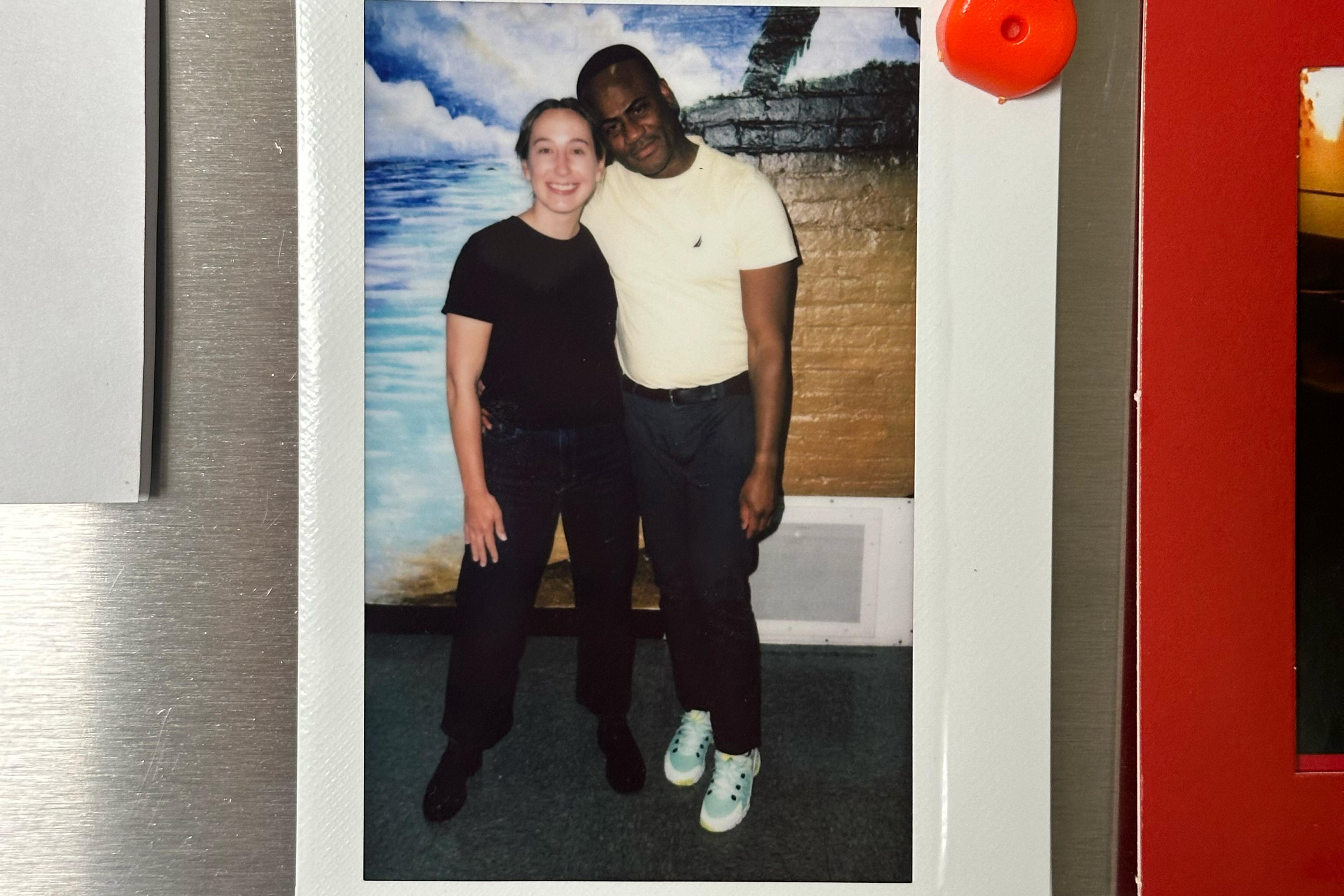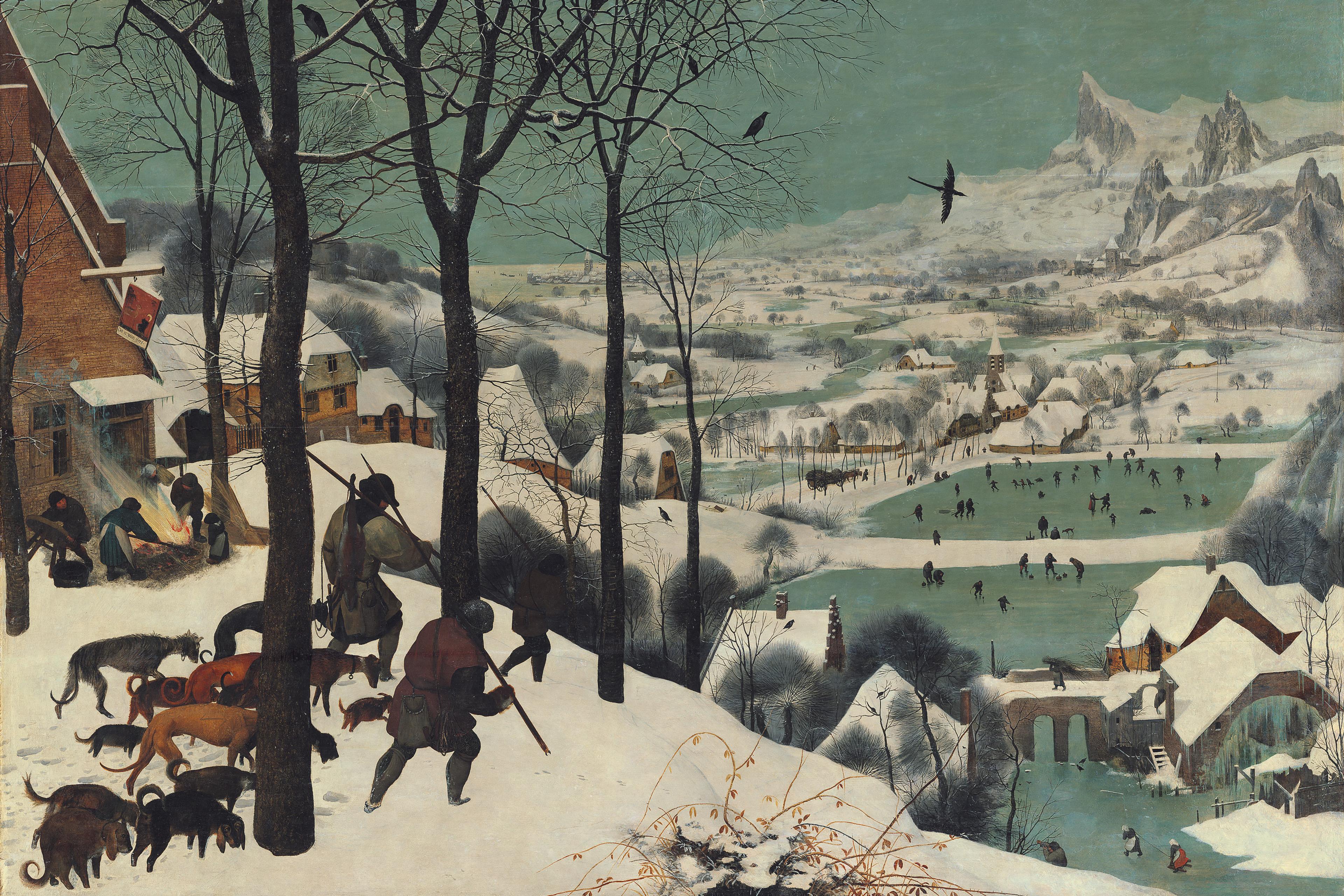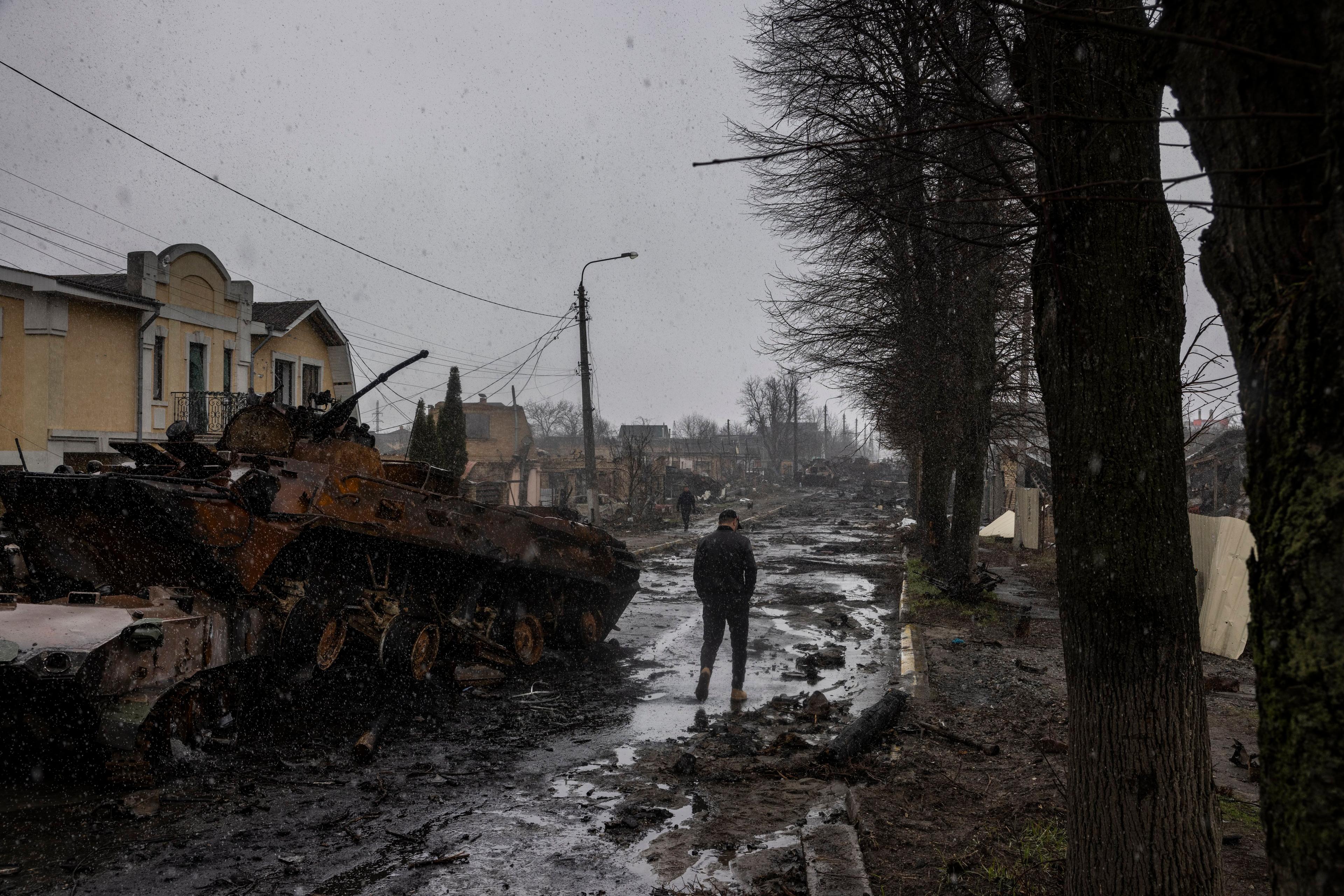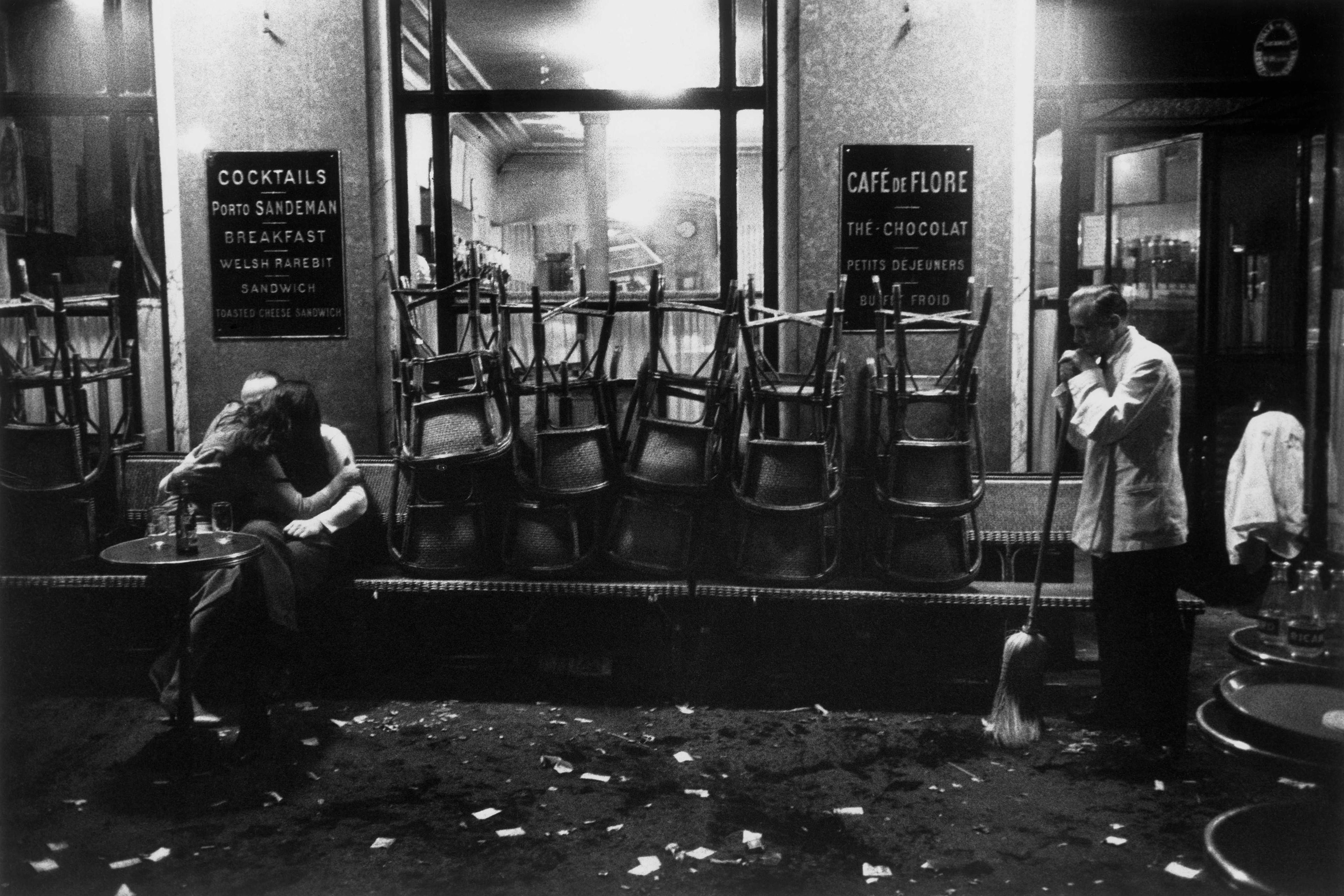The first time I went into HMP Whitemoor, less than 40 miles from my university in Cambridge, I felt nauseous and unmoored. The prison’s corridors were dark, though painted a bright custard yellow. There was scrubby netting strung high above the prison yard, in a grotesque inversion of ground and sky. The geometry of the place was wildly confusing.
I was participating in a project that brings together university students and people within prisons to learn collaboratively, known as the national Learning Together network. I followed helplessly in the wake of the programme’s co-director, Amy, as she wrestled open the heavy doors. Months later, after another day in prison, Amy’s colleague and co-director, Ruth, showed me bruises developing on the inside of her wrists, from where she’d been repeatedly struck by the awkward door handles. In fact, in my year of regular visits to the prison, I only ever saw one person from the ‘outside’ open the doors with ease. This was 25-year-old Jack, Learning Together’s course coordinator in Cambridge; he spent his spare time building up his biceps, and was killed in the attack at Fishmongers’ Hall in London in November 2019.
That first day in Whitemoor, I was to deliver a ‘big ideas’ seminar on the question of ‘What is literature?’ My plan was to launch an exercise that will probably be familiar to teachers of literary criticism the world over: you pile up a heap of different documents – photos, instructions, picture books, thrillers, classics – and ask a whole lot of questions. Is the photo literature? Is the washing-machine manual literature? Is The Very Hungry Caterpillar literature? If not, why not?
Nobody cares much about the answers: what matters is the process. Across children’s books and sci-fi and Dickens and Balzac, values become blurred, strands of thought overlap and, inevitably, discussion turns to some of the biggest ideas of all, from Aristotle to Harry Potter. Why write? Why read? What happens to us when we do?
Since the 4th century BCE, when Aristotle first sat down to think about the impact of drama, we’ve used a curious term to describe the effect of being profoundly moved by the art we encounter. Art can be cathartic: it can give us a sensation of recognition, and release, or relief. Catharsis seems to crop up now more than ever – in the language of therapy, psychology and practical philosophy. In the standard edition of Aristotle’s Poetics, tragedies have to contain ‘incidents arousing pity and fear, wherewith to accomplish the catharsis of such emotions’. In many other versions, ‘catharsis’ is given as ‘purgation’: ‘the purgation of such emotions’. Sometimes, we get ‘purification’. This is interesting, because to purge is not quite the same as to purify. If we purge ourselves of something, we get rid of it. If we purify something, we only remove the bad bits.
The blurriness between purgation and purification isn’t the only problem of interpretation. Whatever variety of ‘letting it all out’ Aristotle is evoking, he’s also suggesting that good tragedies should arouse a complex, painful combination of pity and fear – and that something pleasurable comes from this. This is strange, but also familiar to anyone who’s ever had ‘a good cry’. The cathartic process can, somehow, leave us in a better place. It tells us something about our own unruly emotions – our pity, our fears – and what provokes them.
The complex value that Aristotle finds in tragedy throws up questions that have troubled literary criticism ever since. In touching us, should works of art instruct us in some way? Or should they privilege a sense of pleasure? It’s not obvious. One of the first writers to reflect on translations of the Poetics was Pierre Corneille, a 17th-century French playwright who made catharsis part of neoclassical tragic theory; and even he concluded that the best we could do with Aristotle was ‘guess what he meant to say’.
Part of the problem in analysing catharsis is that Aristotle uses the word only once, in the text of the Poetics as we have it. After that, he associates the tragic emotions of pity and fear with a different response, which he calls thaumaston, or wonder. The emotive effects that Aristotle is looking for arise above all, we are told, ‘when events occur contrary to expectation and yet on account of one another’. Unexpected events can seem to happen by some fateful design, and sometimes causal antecedents become clear only after the fact. In these cases, the effects on the spectator are not immediately pleasurable or instructive. Instead, they are wondrous; and the most powerful works of art, Aristotle says, cause us to wonder. The discussion about catharsis has shifted slightly, to the things we find wonderful, and to what they make us wonder about.
What do the arts do for us? A 2018 public report looked at the question of how the discourse of ‘outcomes’ and ‘impacts’ affects access to culture in the UK criminal justice system. The cathartic process, the report suggests, might be valued in a range of ways:
as a contribution to desistance; as a means to improve ‘compliance’; as a way to build a better social climate in the prison; or simply in allowing offenders to participate in arts and culture as their human right.
Here, strikingly, we have the same sorts of responses that Aristotle was interested in. We have various ‘cleansing’ effects: purgation and purification (‘a contribution to desistance’, ‘a means to improve “compliance”’). We have pleasure, and being left in a better place (‘a better social climate’). And we have something else, too, perhaps more evocative of wonder: access to art and culture as a basic human right.
During that first discussion in the prison library, I found my bearings and, happily, a sense of familiarity. Academics in the arts are pretty used to the small spaces of local public engagement: classrooms, church halls, the back rooms of museums. A friend of mine recalls giving a talk to a historical society upstairs in a pub; someone passed a bucket around for his fee. This talk, in the end, felt just like that sort of occasion. I’d wager the audience was pretty similar, if necessarily more gendered than usual and without the pints: an assortment of blokes of all ages, some with their own niche interests, some playing the crowd for laughs. One addressed me in perfect French.
The audience at Whitemoor was polite, appreciative and, most of all, fun – so much so, in fact, that I ended up helping to create a full Learning Together course. For a brief term before the attack in London, HMP Whitemoor hosted a series of workshops on French literature and film. My colleagues and I from the French department in Cambridge sent all our set texts into the prison in translation, put together worksheets and extracts, and devised creative prompts along the lines of acting, drawing, creative writing: all the activities that we don’t have time for in the normal run of teaching.
It was important to us, in this process, that we should cover the same texts in the prison that we study in university supervisions. One is Horace (1641), a tragedy written by the French dramatist Pierre Corneille during a period of sustained reflection on Aristotelian catharsis. The play is based on an incident in Livy’s History of Rome. To avert all-out war, two cities – Alba and Rome – agree that each will send its three bravest warriors to fight each other in hand-to-hand combat. Curiace and his brothers are chosen to represent Alba, while Horace and his brothers are chosen to represent Rome. This creates a terrible dilemma: Curiace and Horace are each in a relationship with the other’s sister, and so they are in-laws as well as enemies.
When Horace kills Curiace, his sister, Camille, weeps for the loss of her lover. In a sudden and shocking turn of events, or peripeteia, Horace kills her too. ‘This punishment falls at once,’ he exclaims, ‘on whoever dares to cry for Rome’s enemies!’ What does it mean to ‘dare to cry’? Is this a moment of strength, on Camille’s part, or of weakness, as Horace claims? The men in Whitemoor knew, better than anyone else, that the one can be reinterpreted as the other. And they also knew about sudden and shocking turns of events that are graspable only in retrospect.
Wonder, as Aristotle told us, is a reaction to the unexpected or foreign: to anything that exceeds the category of the familiar. It brings with it a new form of attentiveness, associated with the urge to explain or give a response. In his Metaphysics, Aristotle describes wonder as the origin of philosophy. A few years after the first production of Horace, the philosopher René Descartes called wonder ‘the first passion of all’, because a wondering response to an encounter happens before we have any knowledge of whether or not that encounter will be beneficial or pleasurable.
In Whitemoor, the literal foreignness of our French course was useful. It meant that the workshops were novel, a curiosity: not immediately off-putting to those of our students whose abiding memory of school seemed to be someone telling them that they would ‘fail English’. But the familiarity of the conversational environment that Learning Together had created within the bounds of the prison walls was useful, too. In his feedback interview, one of our students acknowledged this play on familiarity and strangeness. This was completely different, he said, to previous experiences of education: ‘It felt open, it felt free. No one was talking over each other, no one being unruly. It was properly enjoyable. We all came together and we stayed together.’ The students from Cambridge, he said, ‘didn’t judge us, we didn’t try to keep ourselves separate. It was wonderful.’
Across the globe, and now more than ever, the writers, actors, dancers and artists who move us the most are reliant on short-term contracts and fragile funding. Investment in and advocacy for the arts within prison education are in an even more precarious position. It might be hard to work out exactly where the cathartic benefits of the arts lie. But maybe we get closest to an answer when we describe the attempt to find out as a human right: something that precedes either pleasure or instruction. Maybe the newness of the new world that emerges over the next few years will give us all back our sense of wonder.
